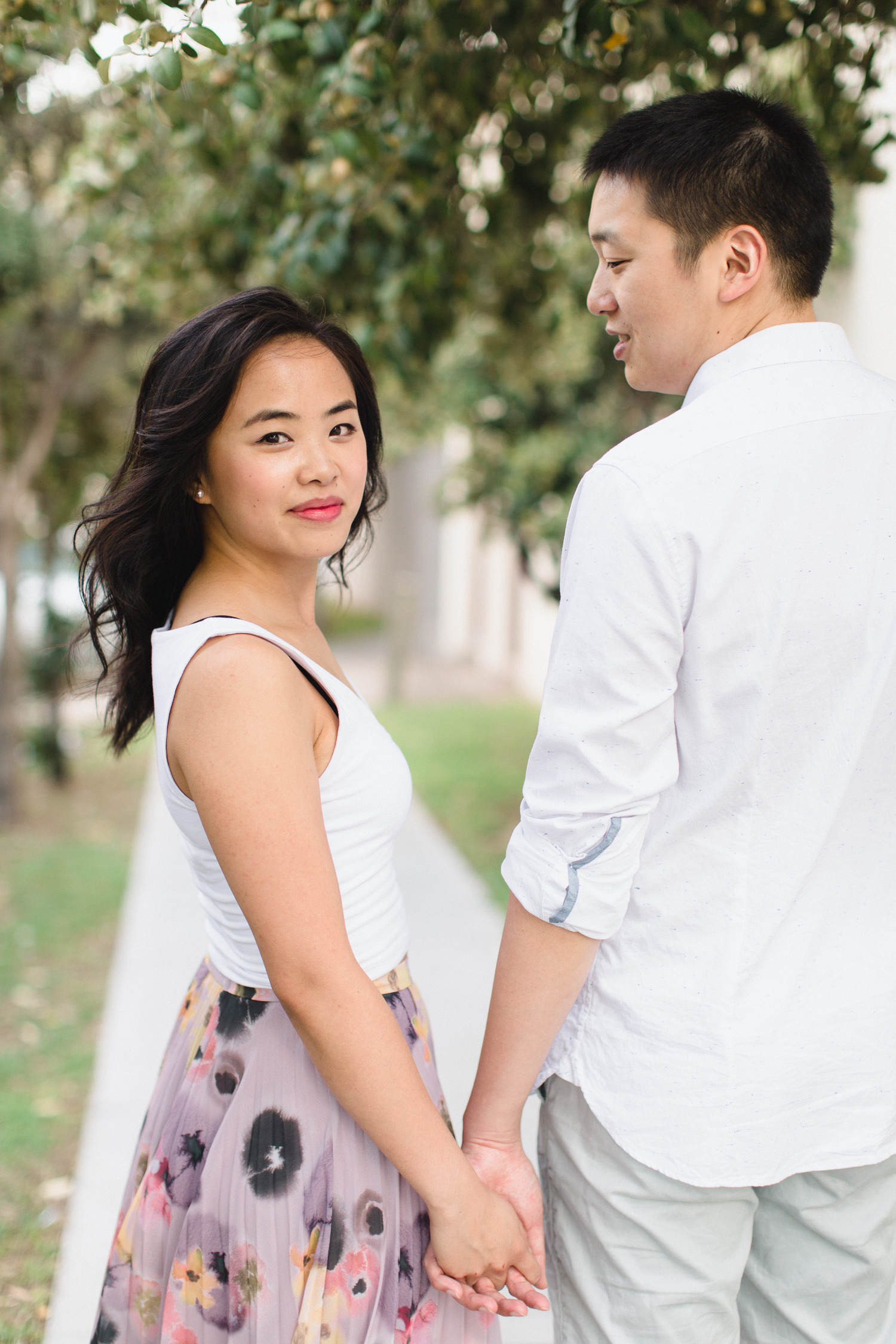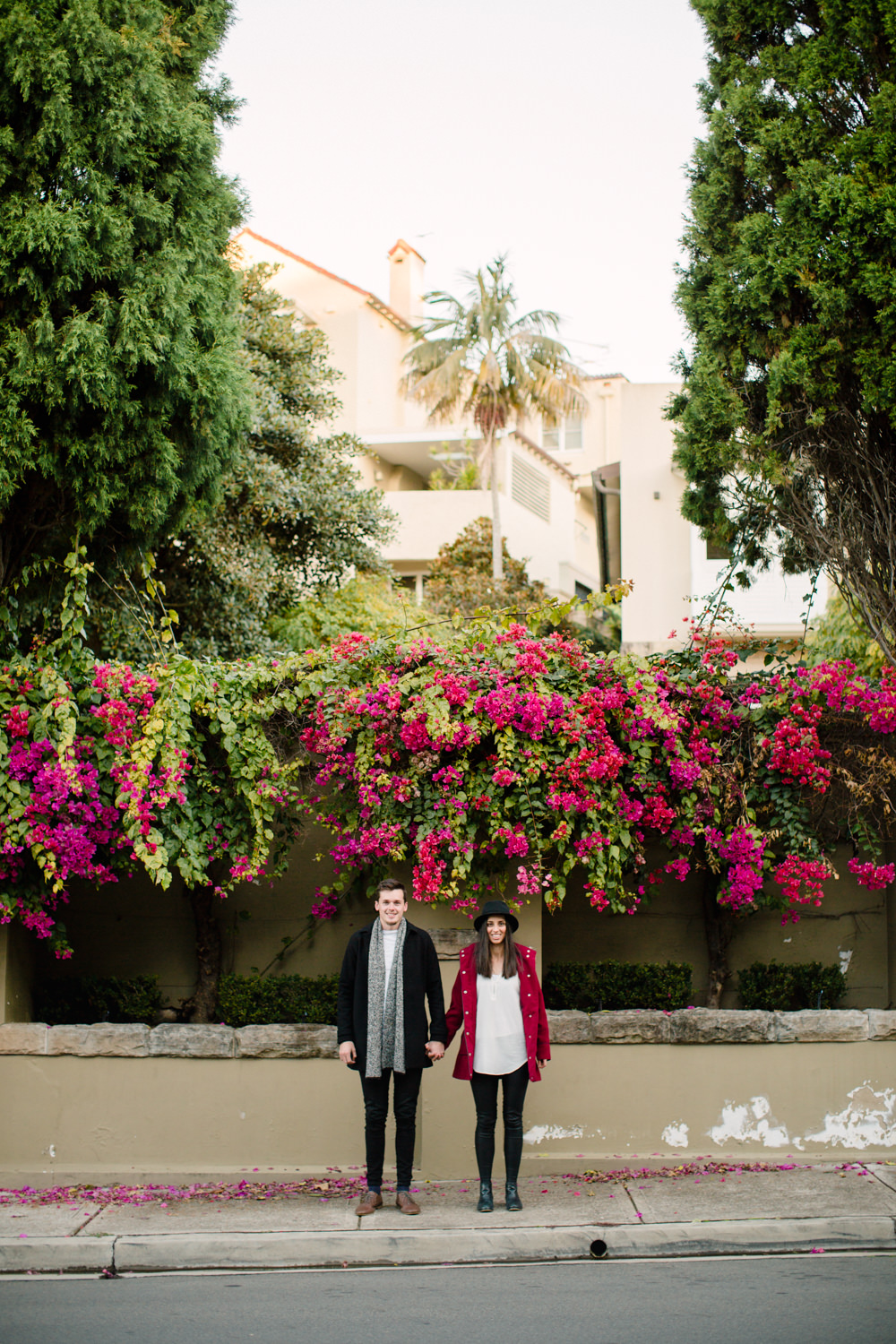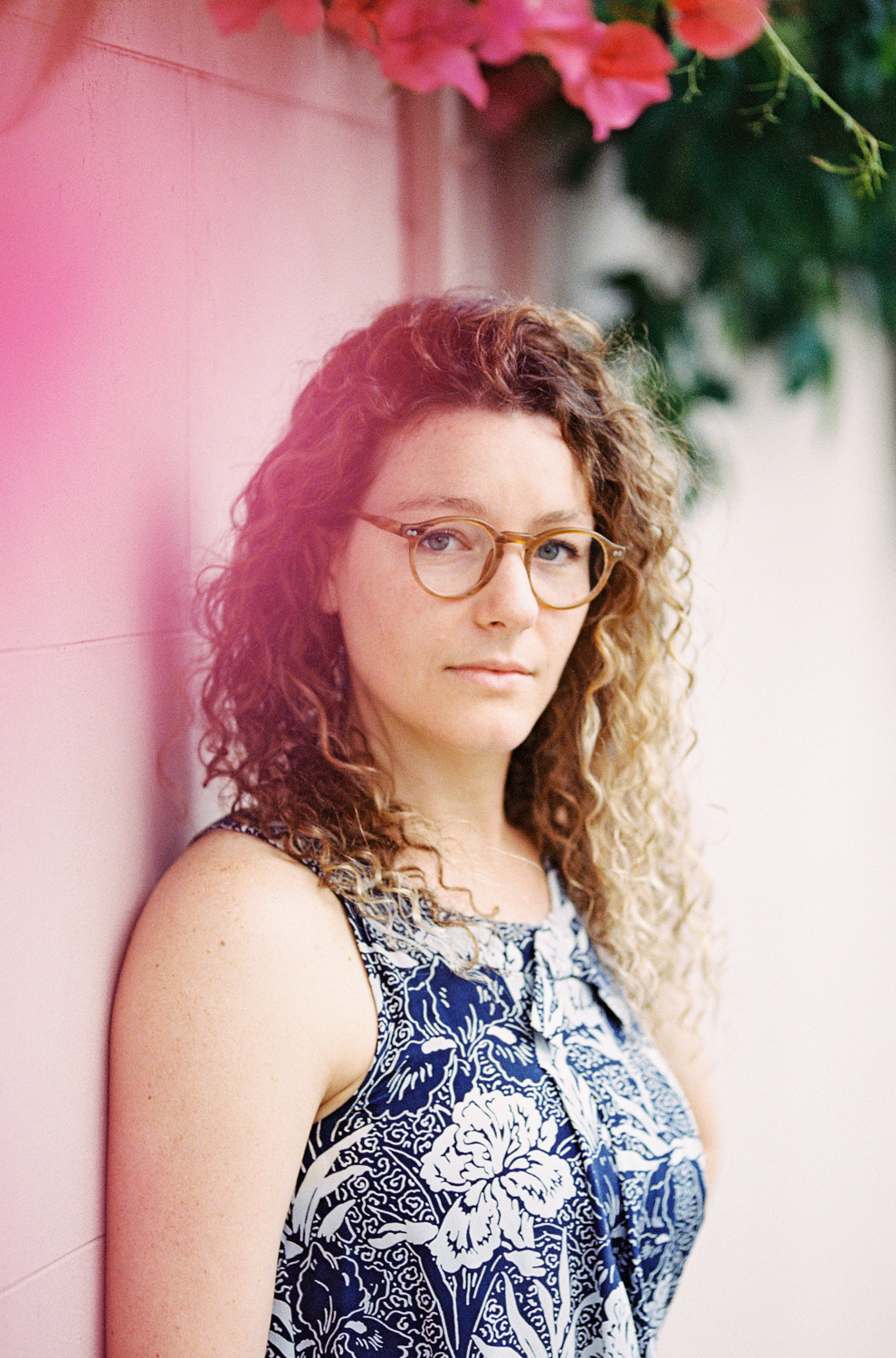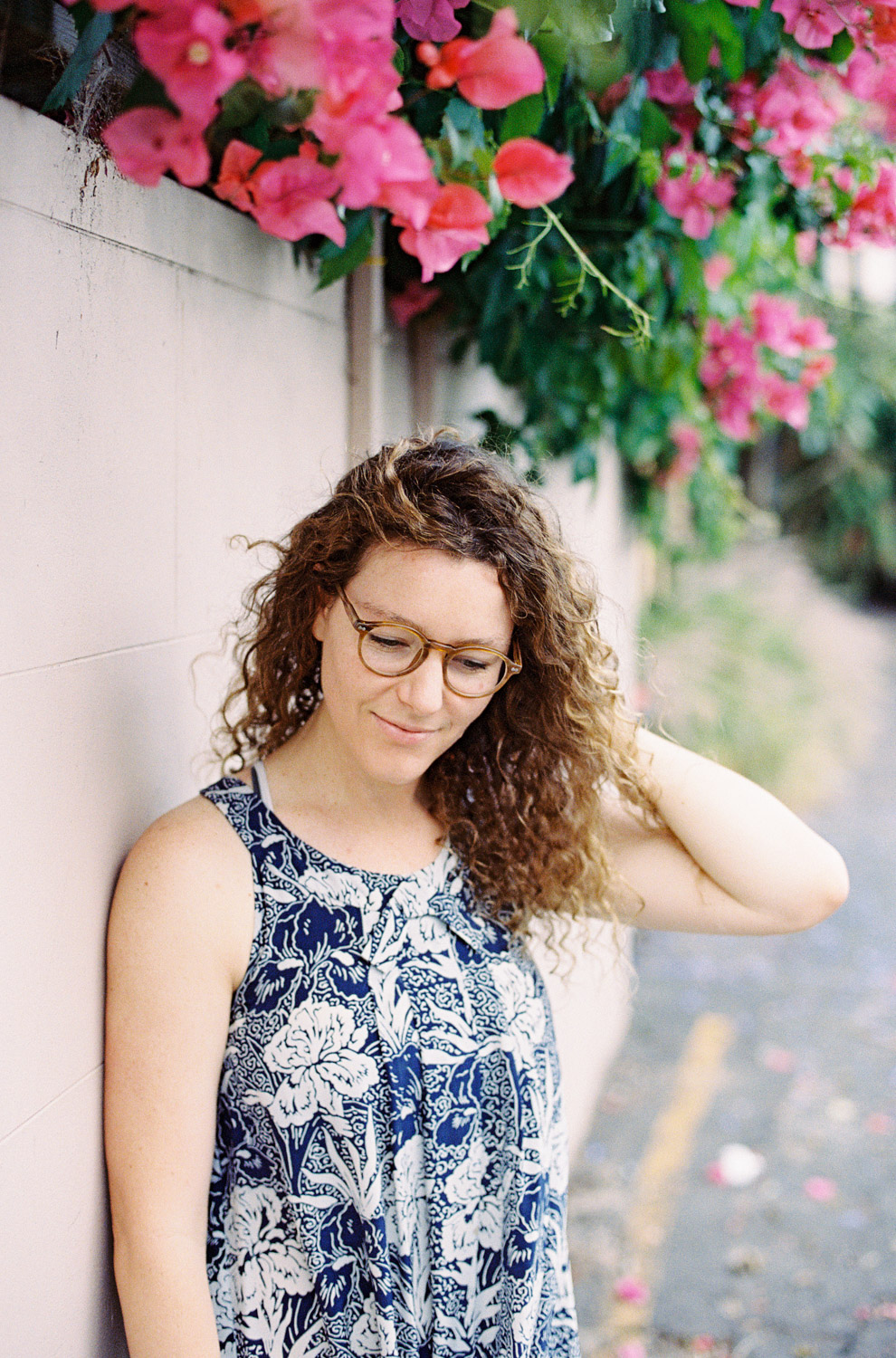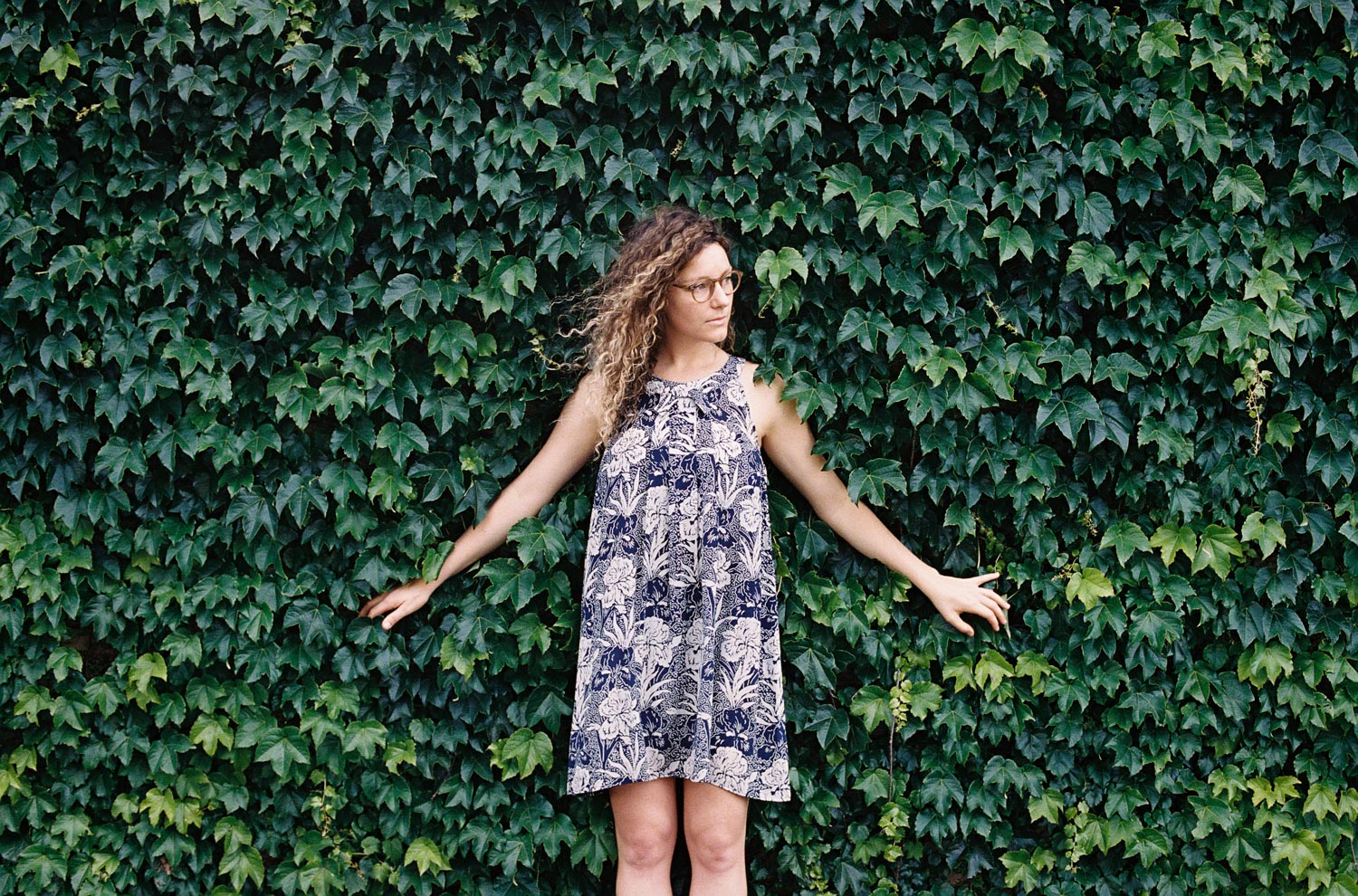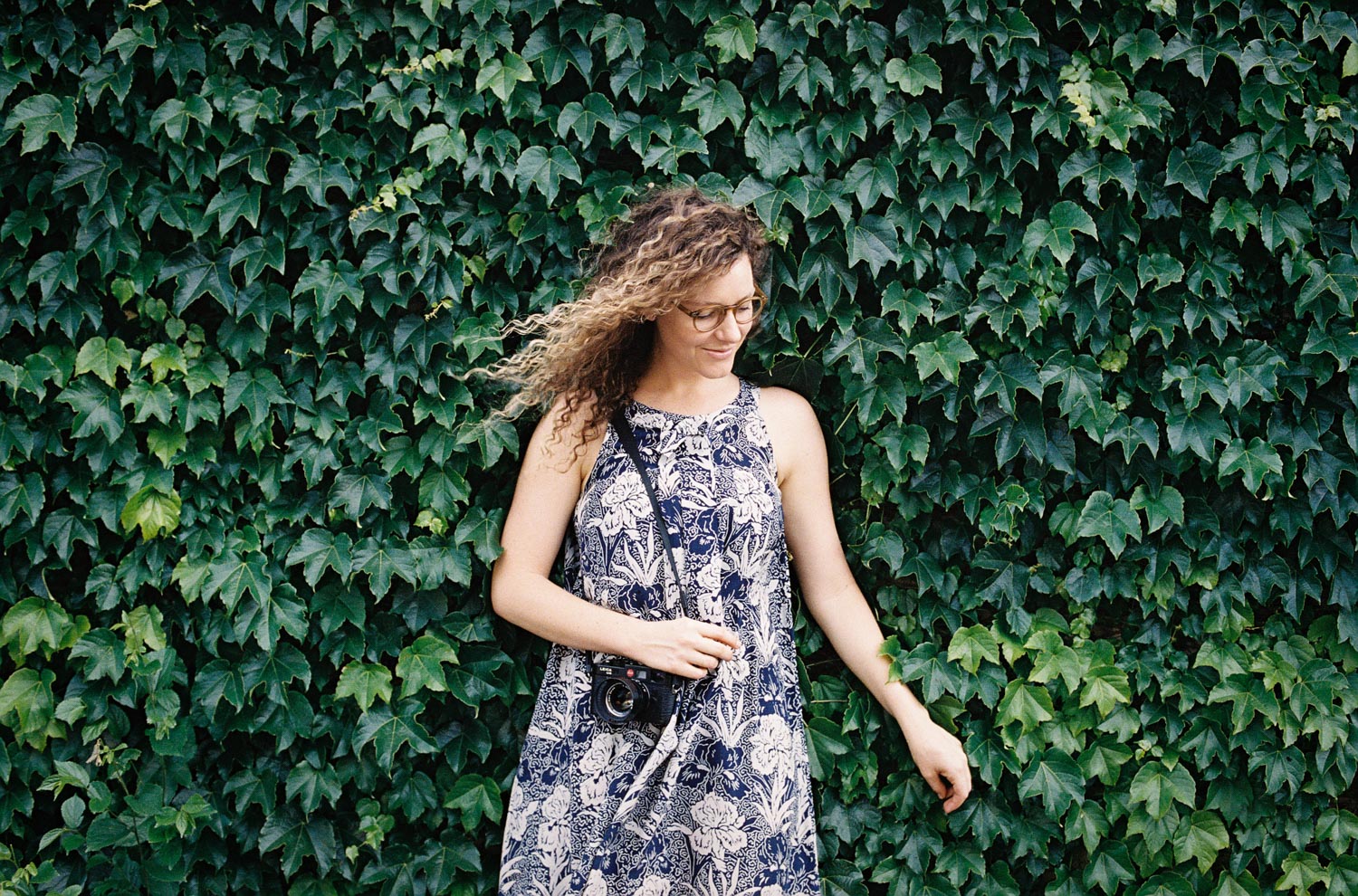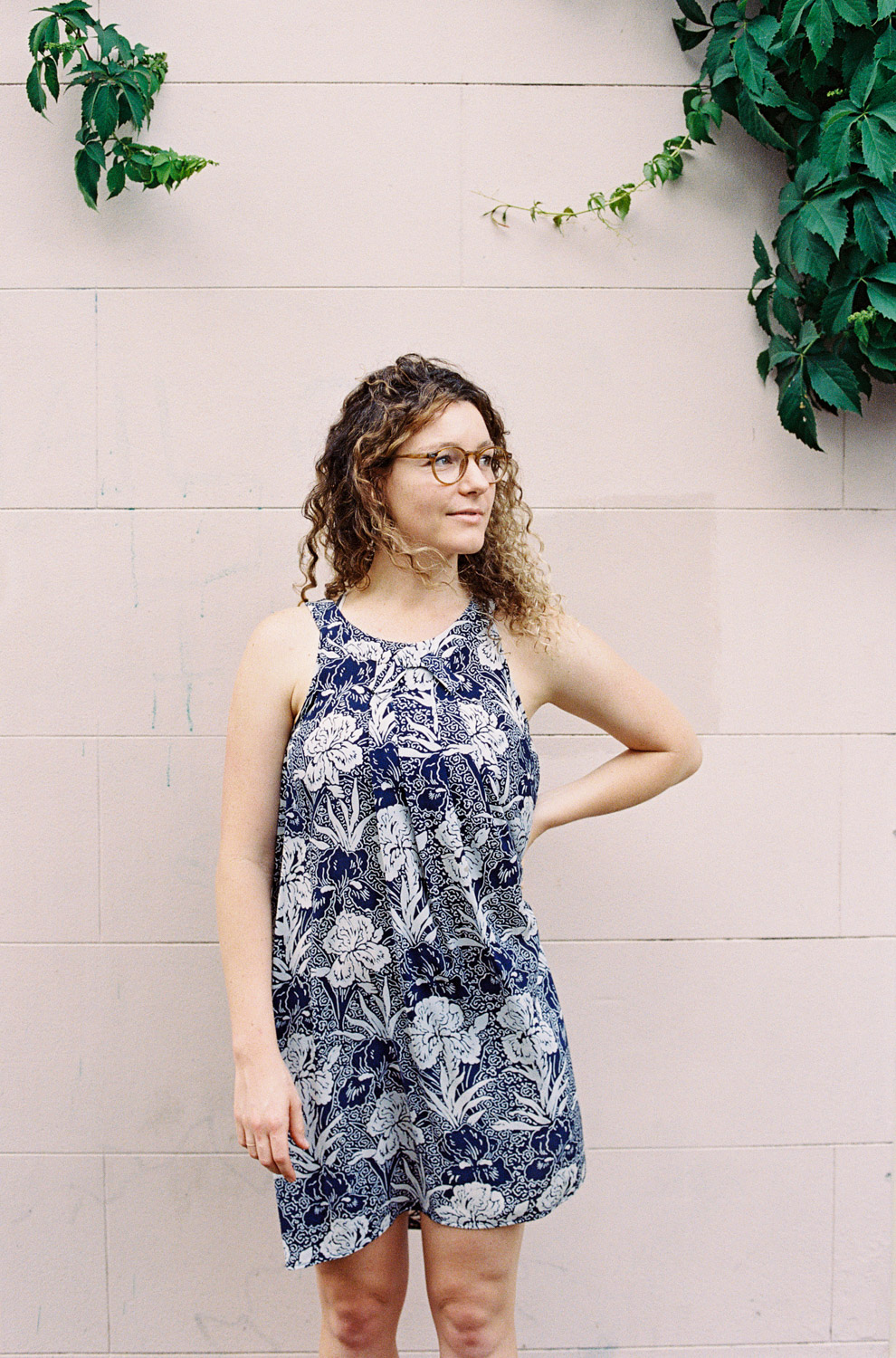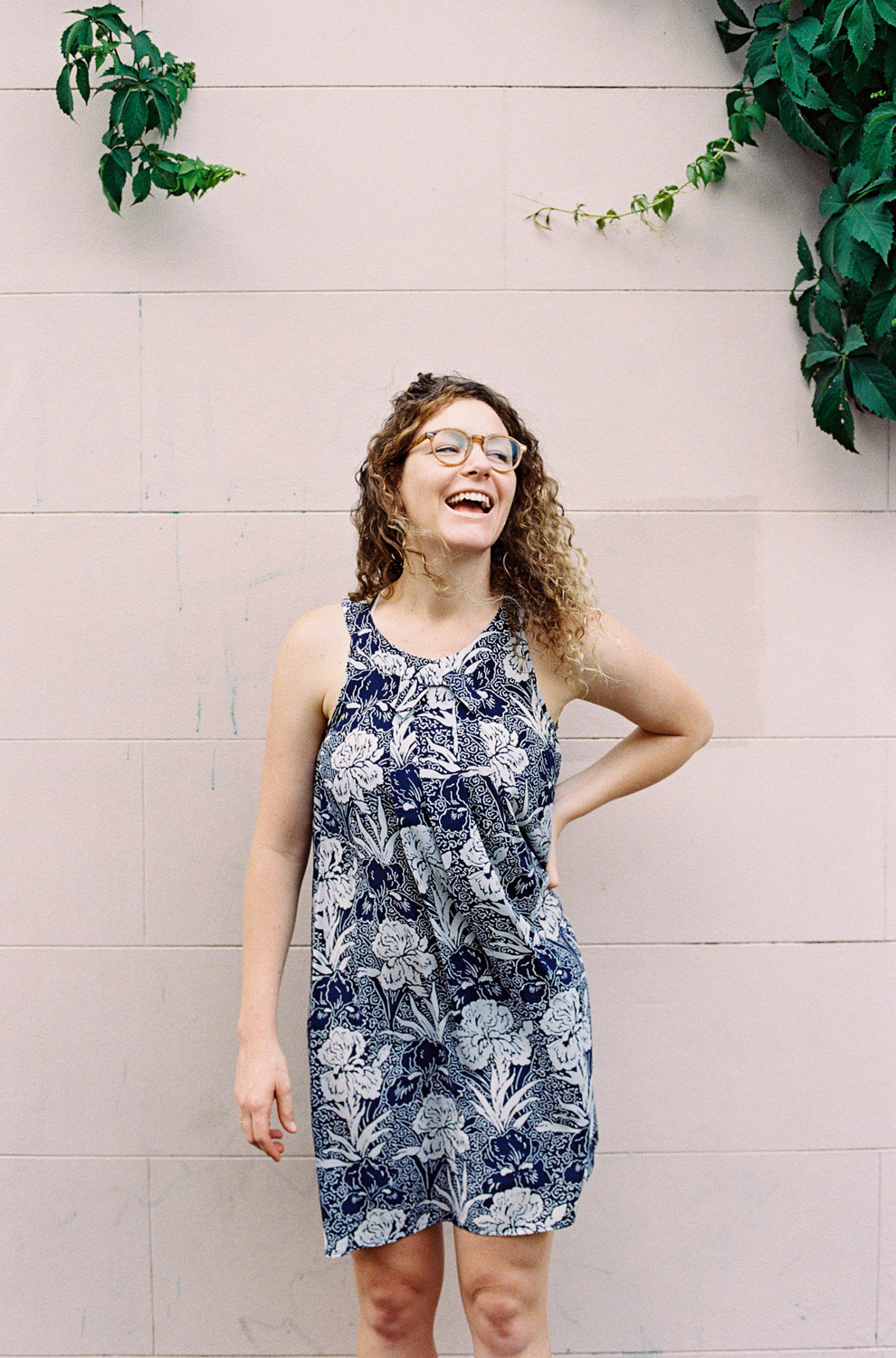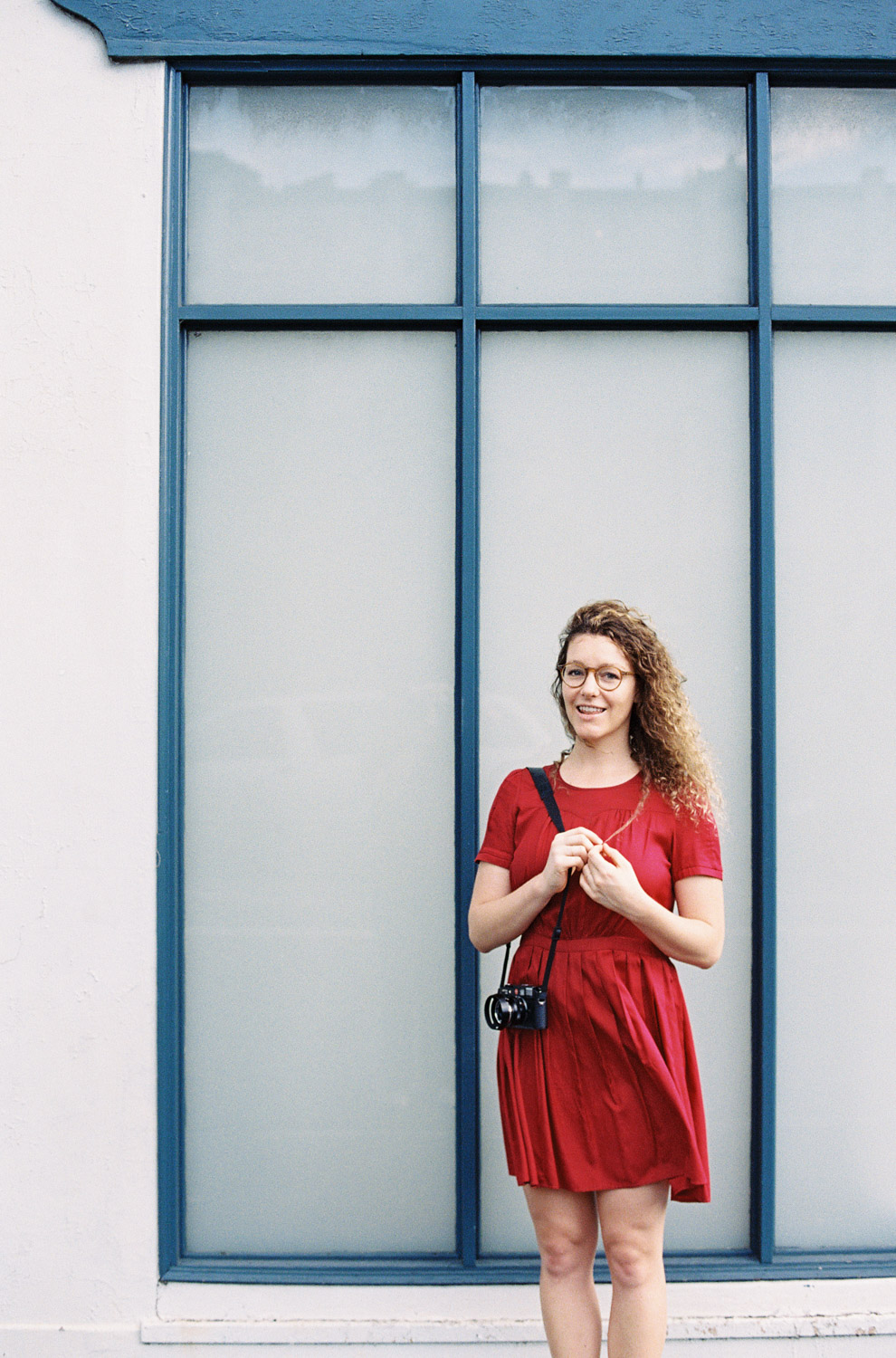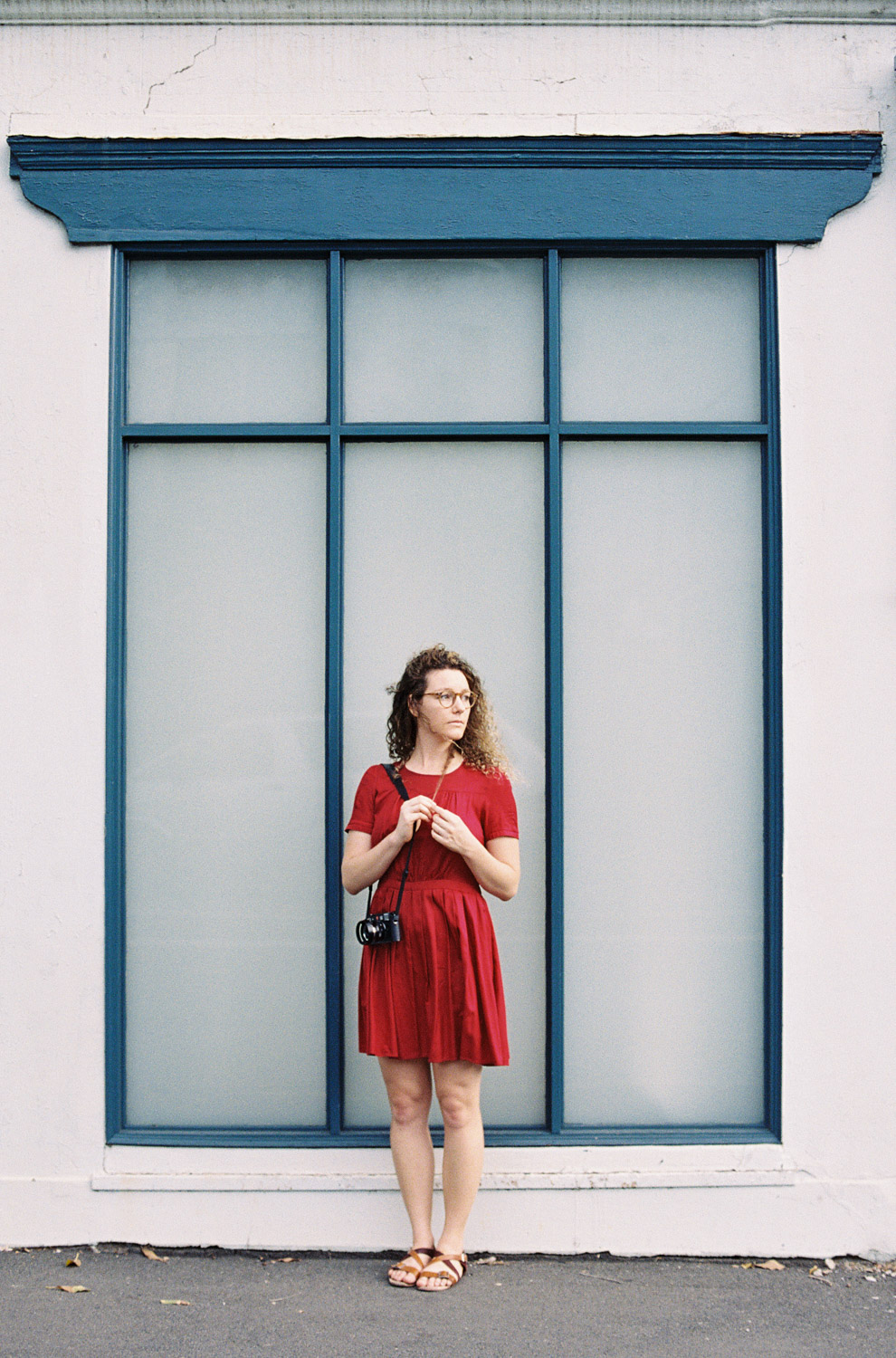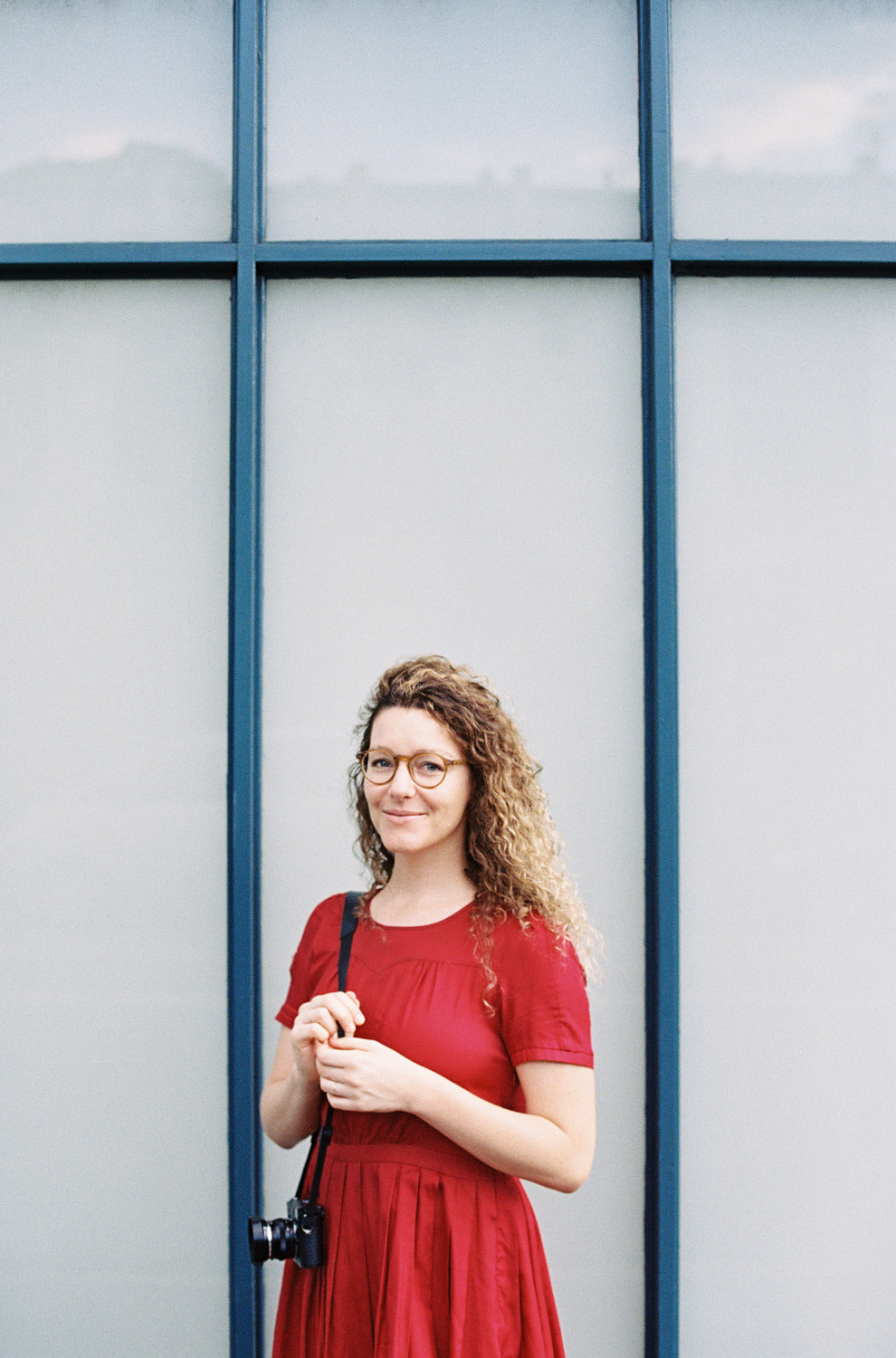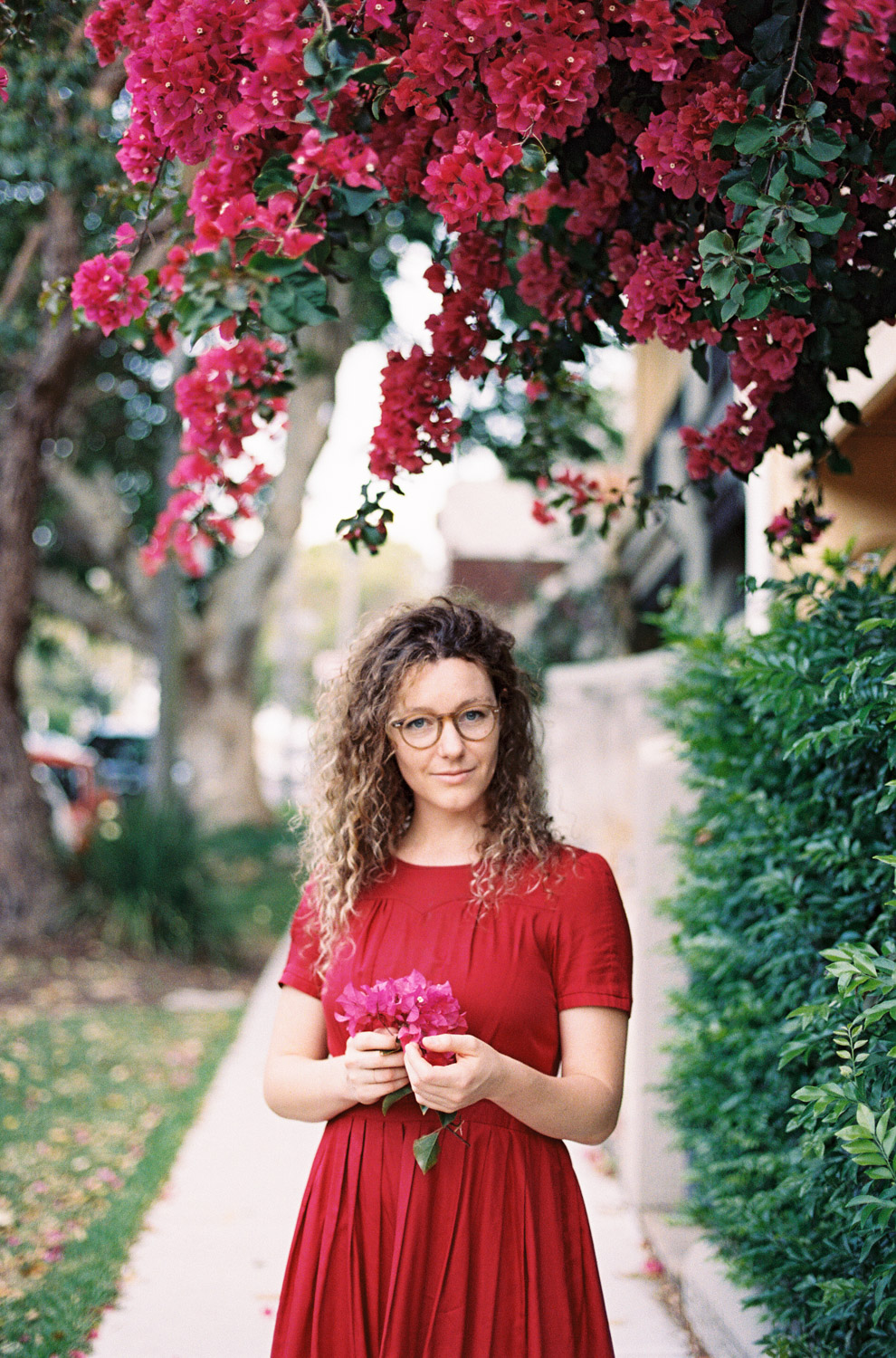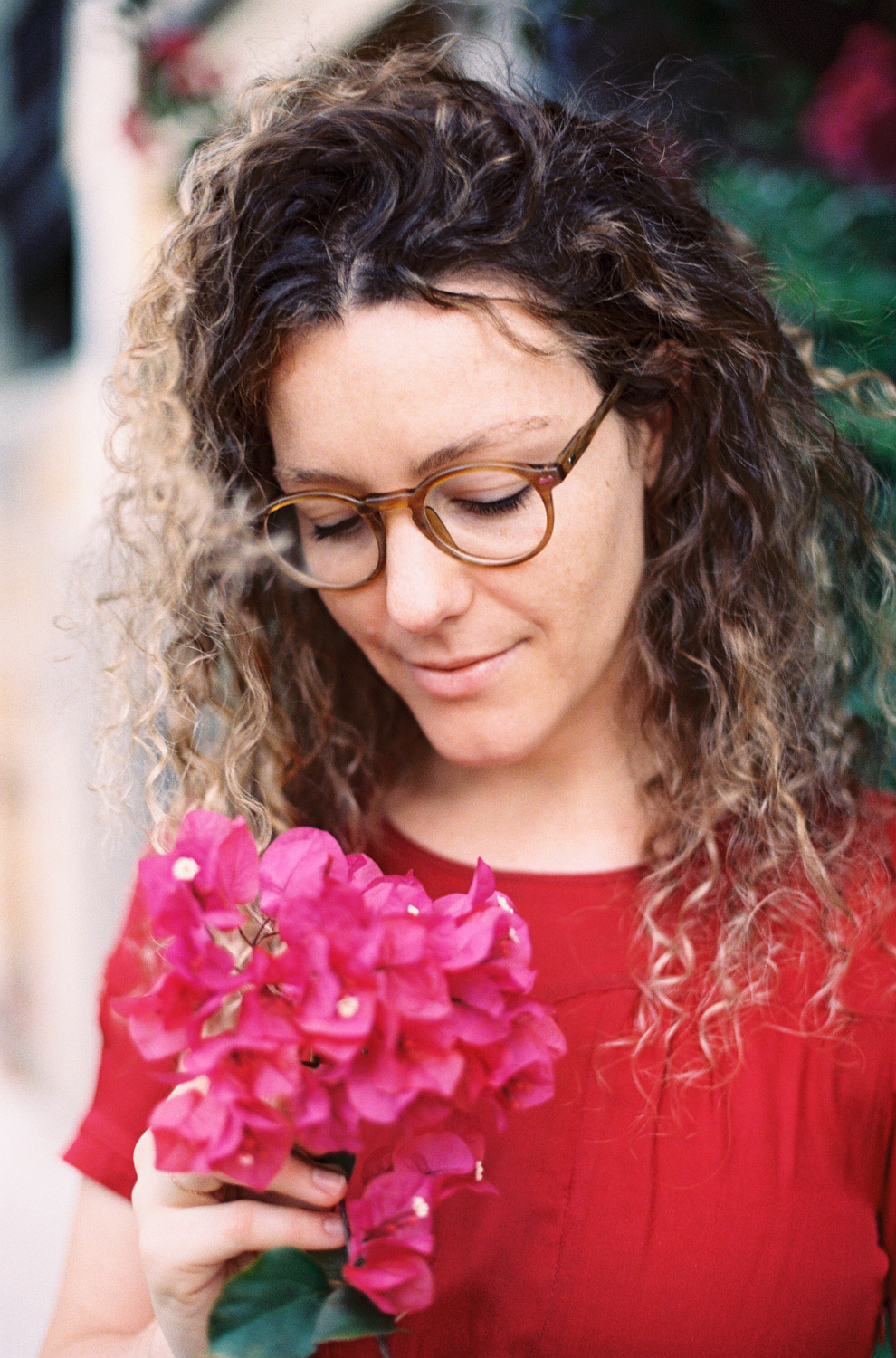Can you describe what you do for a living?
For the last seven years I have been working for the ABC (Australian Broadcasting Corporation). Five years in Sydney and two years in Coffs Harbour on the North Coast of New South Wales. I work as a radio journalist which means I prepare and present radio news bulletins, primarily for Triple J news. When I’m not doing that I write original news stories, typically with a youth affairs focus.
Was youth affairs something that you steered your career towards?
I just knew that I wanted to work for Triple J. I figured I would need to get into the ABC first and then slowly work my way towards Triple J. When I was at University I did a professional placement at ABC North Coast in Lismore and that helped me get a foot in the door when the job came up in Coffs Harbour. I was there for two years and as soon as I started that job my boss said to me “So where do you want to be? What’s your goal? When I said Triple J, she said “Ok, we’ll get you there.” So that was my focus for a few years.
How was the idea for the Small Town Girl project born?
When I moved to Sydney, I met girls who had lived there all their lives. Once I got to know them, we’d talk about our teenage years. One day I thought wow, they have had quite different experiences to me. On the weekends they would catch a train into the city on their own and go to these huge shopping malls, concerts and galleries, that sort of thing. My weekends in Grafton were spent playing down by the river with my brothers and building treehouses, it was so much more wholesome! Laughs.
We just didn’t have access to the same sorts of things. I thought it would be interesting to go back and re-examine my teenage years, almost re live them through these girls that I photographed. See what had changed, what was the same, and sort of cover old ground so to speak. To go over my teenage years, see what lessons I had learned or forgotten and what things I really needed to hold onto to take me into my next stage of life. Just to put the focus on a stage of life of when you’re living and not really examining. Teenagers are not saying, "I am teenager, now I am going to do this and do that." They're just living their life. So I wanted to put the spotlight on it, having had 10 years of distance from that stage of life.
You have a unique viewpoint on that as well because you have lived in the country but also seen the other side, the city side of life. That must have shaped how you approached the subject too.
Yes, I was surprised by certain things the girls did or didn’t have access to. But then I realised oh, this is how it was when you were a teenager, I had just become used to all the creature comforts of the city.
What were the main things that stood out for you in these girls lives compared to your teenage years?
I didn’t have the internet! I remember getting an email address in year 11 but we didn’t have the internet at home so I just used it in the library and emailed my friend who was sitting next to me. I feel like the internet has opened up a whole new world for the girls. When I was growing up for instance, fashion, you had no real idea about what was fashionable or not. You could buy magazines but now girls have access to a myriad of style blogs or they could watch a live runway show stream from New York. Whereas back in my day, you’d buy whatever you could get at the local store. Everyone would buy and wear the same clothes but now with online shopping all the possibilities are there.
Do you think that is necessarily a positive thing? It may mean they still don’t have a voice and are so far removed from that world due to their location.
I think the internet allows teenage girls now to represent themselves. I don’t necessarily think they need me to give them a voice to show the world who they are. They can create a Tumblr, or do whatever they want in so many ways that I wasn’t able to when I was younger. Most of the girls that I photographed have a phone with the internet and that has sometimes made communication with them difficult. Sometimes they kind of retreat and just stare at their screens, which I can do too, but I didn’t when I was a teenager. Back then, there were less avenues and ways of knowing what was going on in the outside world.
When you were a teenager did you know you wanted to be a photographer?
My Dad has been a high school art teacher for his whole life and photography was something he taught as well. There were always SLR cameras around the house. He would set up a dark room in our laundry and show me how to develop photos. That was very exciting. I think I was just always around it and would often look at magazines to rip out photos I liked and place them in a scrap book, writing notes around them. I didn’t really understand composition but I would study and wonder how to replicate them.
How did you go about finding the girls to be part of the project?
I found all the girls through the internet. The first four girls that I photographed in Australia were friends of friends, or little sisters of friends, just people who were connected to me through a mutual person. When I photographed girls in the United States, I did a post on my blog saying “Hey I’m coming to the U.S. to do this project, if you’re interested, get in touch with me." I had friends share it on all of their social media platforms and then I started hearing from girls in tiny towns across the United States.
You have a talent for capturing discrete moments in a photojournalist way but there’s also the somewhat staged moments in your portraits. It's a good balance between the two styles. What do you think has prepared you best for approaching this kind of work and earning the trust of these girls that you just met?
Did you have any idea what kind of girls you hoped you document?
I never really asked or looked for a specific girl, like “I want you to be a sports person or musician etc”. Whoever was fine with me as long as she was between 13 and 18 and lived in a small town.
Which part of the photography process do you find most rewarding? Shooting, editing, curation for exhibition or the sharing?
Definitely the shooting. I’ve often thought that if (and touch wood this never happens), but if all my negatives were somehow burned or my computer was run over by a car and I lost my hard drives, I would still feel that it was a really worthwhile experience. Just getting to know the girls, having access to their daily life and seeing what life is like for someone other than my myself is so exciting for me and really fascinating.
It just so happens that I have a camera to capture it. I see my camera as my way in to these families who wouldn’t normally let me come to stay with them. Just because I have a camera they give me access to so many things that I’m really curious to see.
The camera is amazing in that regard. It opens doors and gives you a reason to be there. As long as you’re holding that small black box in your hand, suddenly everything makes sense.
Yes, I know! Often they don’t even ask to see the photos. It’s more just about that experience of having someone stay with you for the week. Someone who is interested in your life and wants to know who you are.
That’s really nice and selfless of the girls. I would think they would be curious too!
Some have asked for specific photos but the majority just say “Thanks I really hope that works out for your project”.
A selection of photos from Small Town Girl project by Elize Strydom.
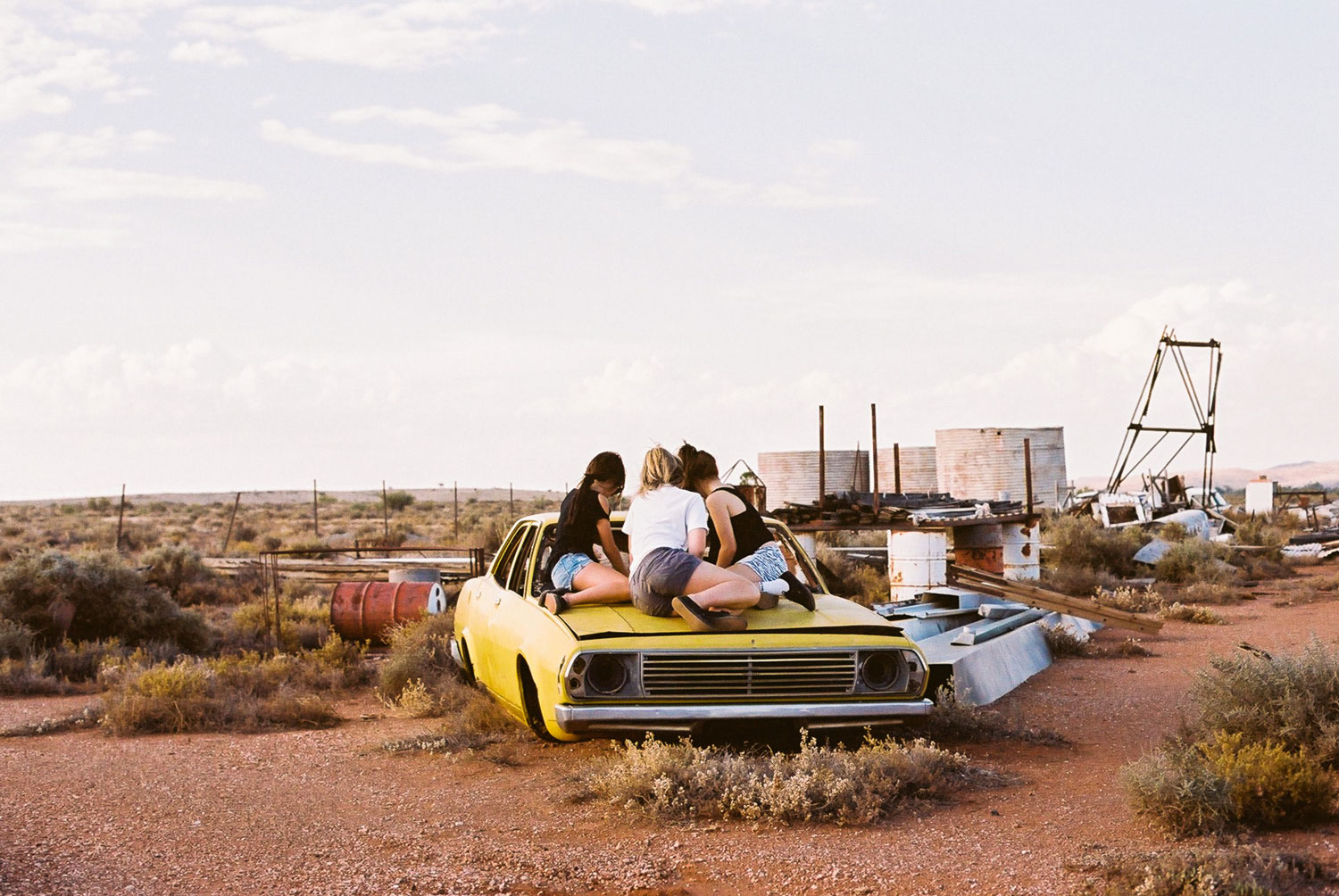
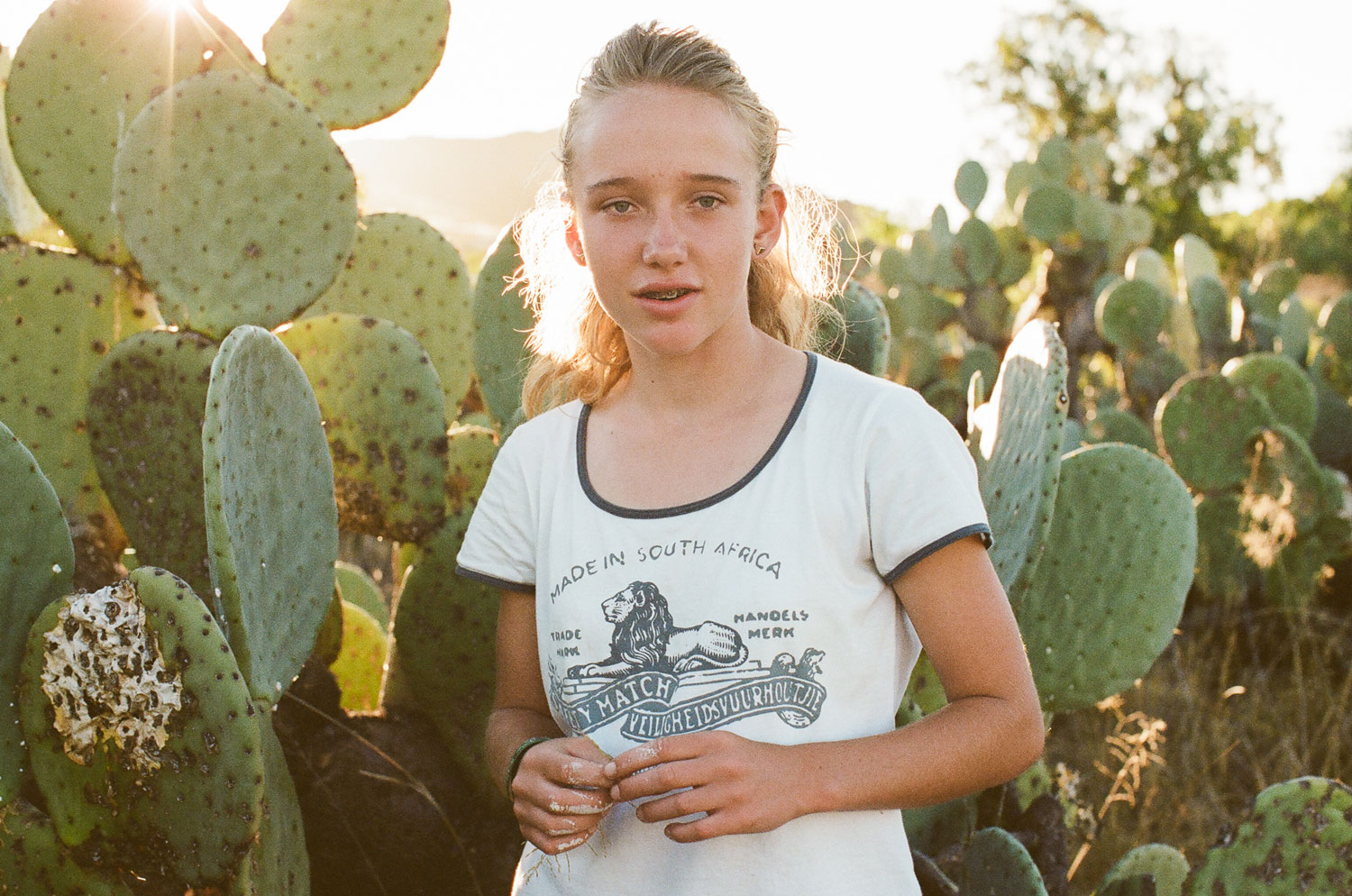

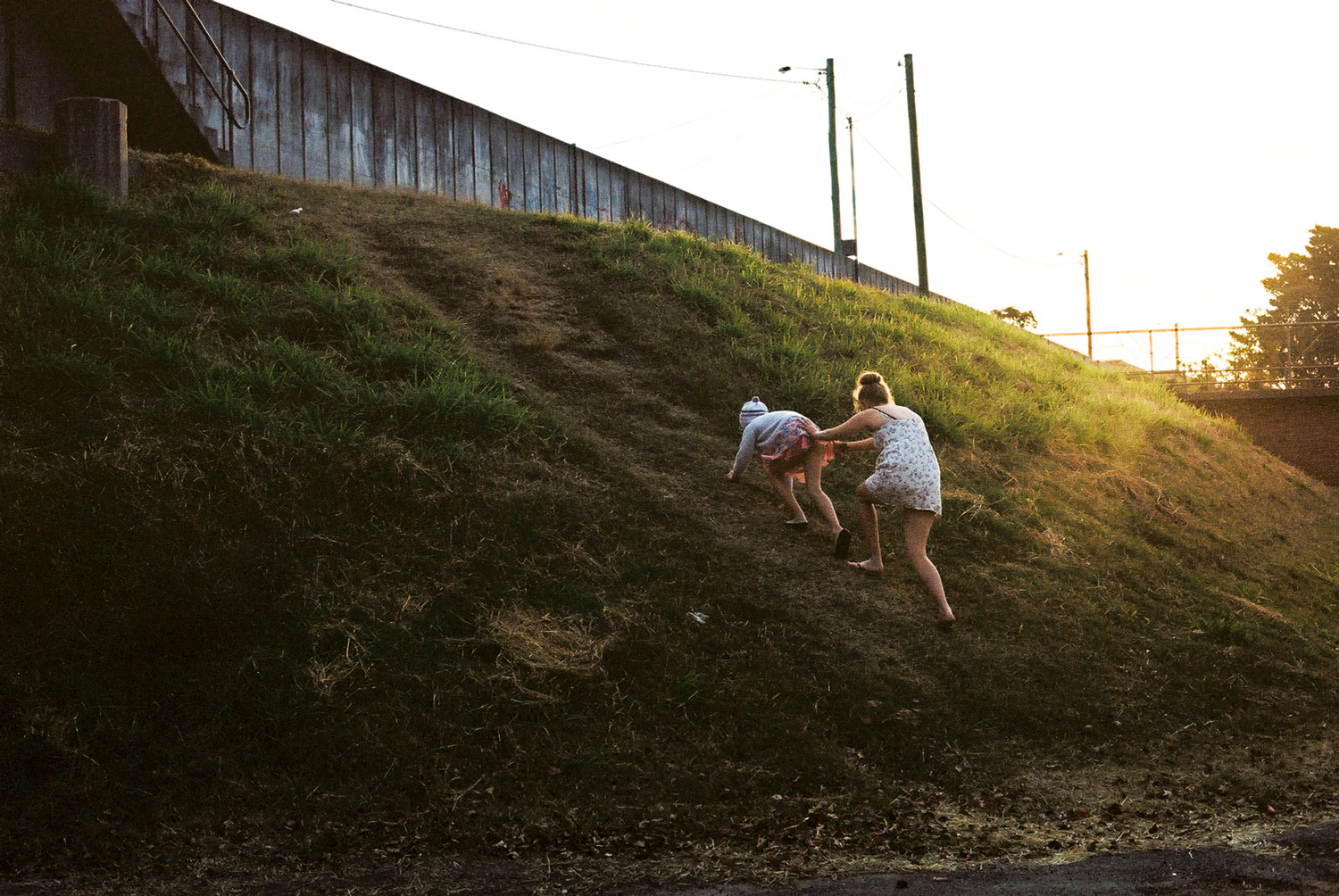
There’s a timeless quality to some of the moments in the exhibition because you kept the emphasis on the girls themselves. It is not shot in a materialistic way as with a lot of teen coverage. Their surroundings make up a part of their personality too almost like you were preserving their youth.
Yes but I don’t want to glorify youth as I think that happens enough in the media. I think a lot of the photos that I take are just really mundane moments. They’re not the highlights from teenagers years, perhaps the moments on a Saturday afternoon when they’ve got nothing to do, their friends aren’t around and they’re just alone in their room.
Did you find the girls were quite content with living in the small towns or did they have dreams of moving to the city?
I was surprised because the majority of the girls were content and appreciated where they were. One girl in South Africa in particular said that her friends in a larger town nearby were envious and said “I wish I lived here” when they came to visit her. She just had so much freedom to do her own thing in a beautiful little town. But there were others who said, “I can’t wait to get out of here and get on with my life.” They were the ones who felt like the odd one out or that nobody understood them. They hadn’t found their people yet and hoped that they might in the city.
What made you choose South Africa and America as some of the places for the Small Town Girl project?
I chose South Africa because it’s the country I was supposed to grow up in. My parents were married for 12 years living in South Africa with my brother. They separated just before I was born, resulting in my Mum moving to Australia and raising me here. She remarried when I was 7 to my step Dad who is the art teacher. I have often wondered what my life would have been like if my parents had stayed together and raised me in South Africa.
I photographed in Australia because that’s where I was born and raised, South Africa because that’s where I was supposed to be born and then America because that was the country that I wanted to grow up in. I just idolised American culture growing up.
What was it like meeting your birth Dad in South Africa on your latest visit there? Were there are similarities between you and your Dad even though you have lived your life apart?
What do you hope people take away from this project?
I just hope they get a sense of what it is like to be a teenage girl in a small town. I hope they consider things that they haven’t considered before. That they can put themselves in the place of these girls, have a bit of empathy and just imagine what it would be like to be in this girl’s shoes. I hope it prompts them to think about their own adolescence and teenage years. What they can remember and what they’d rather forget.
If you are a teenage girl or guy looking at the project, I hope that it makes you appreciate the life you’re living now. Just enjoy that stage of life and not be in a hurry to grow up.
What is your most treasured possession?
Oh it would definitely be something I couldn’t replace. Often people ask if it’s my camera but I don’t think it is because I can replace my cameras. Probably my film negatives. That’s what I’d grab in a fire.
Do you have a favourite photograph?
17 year old Jenn from New Albany, Ohio. Photo: Elize Strydom.
Let’s talk about why you decided to shoot this project on 35mm film.
Sure, the big reason I chose to shoot film was because it completely changed the way I shoot. I still shoot weddings and live music gigs on digital but it’s funny, I look at those photos and I just don’t value them the way I value the images made on film. I feel that shooting film slows me down and forces me to get better technically. If you make a mistake, you can’t afford to keep making it so you need to fix what you’re doing wrong for the next roll.
Having 36 exposures on a roll of film gives you limitations. You’re more likely to try to get the shot in one or two frames as opposed to taking 10 shots of the same thing.
Also I hate editing photos. I like that somebody else develops and scans them for me so they arrive in my computer looking perfect or not perfect. That’s another thing I love about film, the imperfection, because it represents my personality and lifestyle. Nothing in my life is neat, precise and polished. I think the flaws, grain and texture in film are more representative of my personality.
It’s a more simple and pure way to work too. I think there’s a perceived honestly that comes with film that you don’t have with digital. Of course you can edit film photos, but people have a perception that film is untouched. It can feel like a better representation of what it was like to be there.
Yes and I can definitely tell the difference after I go from editing my digital photos back to my film images, you can see such a difference. There’s just so much more depth and richness to them, whereas the digital images seem so flat in comparison. Also because I am relating this project back to when I was a teenager, film is appropriate because that’s what I shot at that time of my life. Our family didn’t have a digital camera until I was 18.
Where do you find your inspiration? Have you been able to tap into a certain time of day or mood when you feel most inspired?
So often it’s just about the light. That may sound silly but often it doesn’t really matter who the subject is for me to want to take a photo. Light is a huge inspiration, as lame as that sounds. Different times of day effect that, I’m a big fan of golden hour. In terms of photographers, I think who I admire has changed a lot. Now I seem to be inspired by anyone who is committed to a project and pursues it, not relentlessly, but makes it their number one priority and is just consumed by that project.
You hear of people who do long term projects over years. I feel that it has become harder and harder to do. A publication won’t pay you to spend a year shooting one subject anymore, or if they do, I’d like to know about them! A lot of photographers have their ongoing projects and then also things to pay the bills at the same time, finding a way to make it work. It’s definitely harder but still possible if you want it bad enough.
What’s next for your photography?
That’s a little bit scary because I have been with this project for three years now. It has been my go to thing. Now with this exhibition, I will be drawing a line in the sand and saying to myself ok, I am done with that for now. I don’t think Small Town Girl is entirely finished but there will be a break for a while. I definitely found a lot of things in South Africa that I’d love to pursue. Smaller projects that I’d be interested in shooting... but I need to find a way to go back.
Thank you for your time Elize.
Interview and photographs by Jason de Plater.




